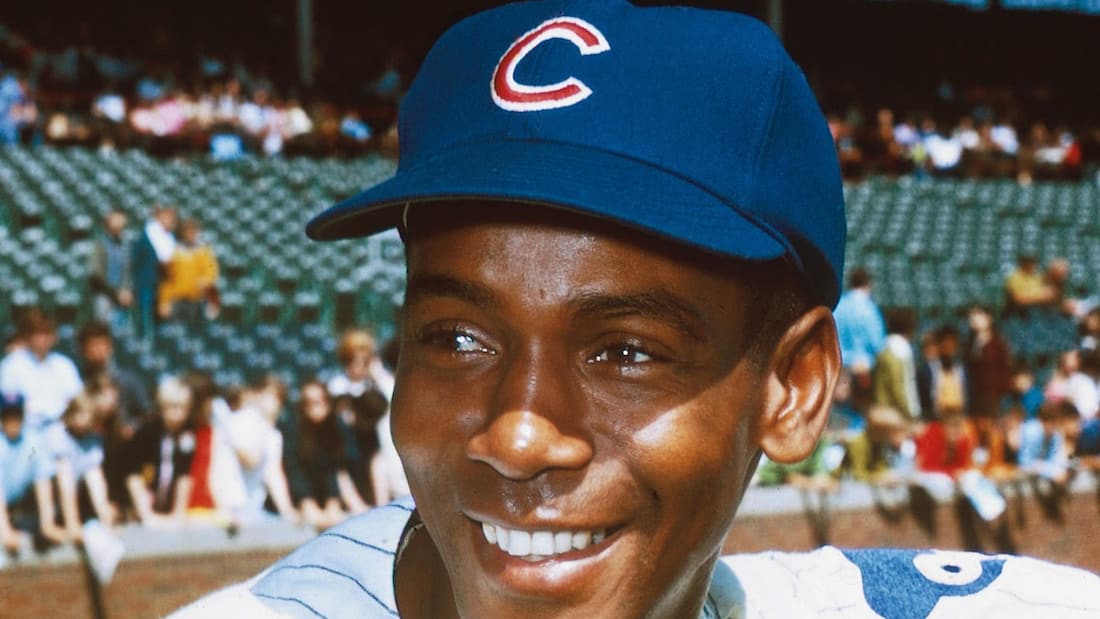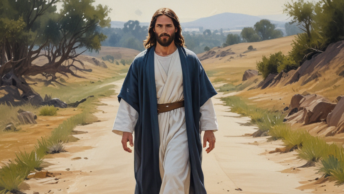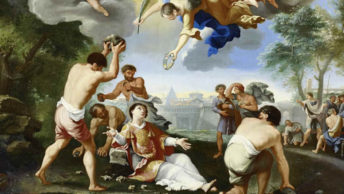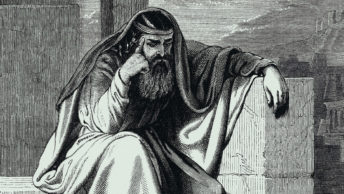Athletes have always fascinated me. In my adolescent mind, athletes were all heroes to me because they could hit the winning home run, score the deciding touchdown or sink a clutch shot from long range when the game was on the line.
But of course heroism is a far broader subject than what a 13 year old can conjure. Because I had little knowledge of war and the dangers of daily urban living, heroic feats were confined to the sports arenas and stadia. For that reason my heroes were men like Brooklyn shortstop, Pee Wee Reese, Mets pitcher Tom Seaver and even the mild-mannered New York Giants football player Frank Giford. They all possessed what Ernest Hemingway described as grace under pressure.
As a player, I can only remember one time when I had a chance to win the game. I was in the 8th grade and I played third base on my CYO team at Our Lady Queen of Martyrs in Queen. The winning run was on second in the bottom of the last inning and the pressure was so great that I struck out swinging. But all was not lost as my childhood hero, a classmate whose name was too long and hard to pronounce, so we called him by his derivative, Yamo, came through with a double to right. While I had been rescued from the shame of failure, and could revel in the wake of his heroic performance, under great pressure, I still wish it had been me instead.
But baseball still remained my first love. That affection eventually led me to an acquired interest in the St. Louis Browns, a team that exited this proud city almost 63 years ago. Just as the Cubs had Mr. Cub, Ernie Banks and the Cardinals had Stan the Man Musial, the Browns had their own heroic personality, George Harold Sisler, who resonated the same quiet grace and leadership that all of the above did. As men, they were far more than mere Boys of Summer, as Roger Kahn called Reese and his Dodger teammates in the 1950s. To me they were men for all seasons.
 Just to read Sisler’s biography, one would think that he had to be the most heroic man ever to bear that name, if not in the country, at least in the state of Missouri. Just recently I learned that is not true. In her 2016 book, Flyover Nation, former Missourian and TV personality, Dana Loesch writes of George Kenton Sisler, from Dexter, Missouri, a town about 60 miles west of where my wife comes from. This George Sister, whom Loesch calls a Flyover Hero, became a paratrooper and a Green Beret.
Just to read Sisler’s biography, one would think that he had to be the most heroic man ever to bear that name, if not in the country, at least in the state of Missouri. Just recently I learned that is not true. In her 2016 book, Flyover Nation, former Missourian and TV personality, Dana Loesch writes of George Kenton Sisler, from Dexter, Missouri, a town about 60 miles west of where my wife comes from. This George Sister, whom Loesch calls a Flyover Hero, became a paratrooper and a Green Beret.
While leading a patrol on February 7, 1967, Lt. Sisler’s command was ambushed by a superior Vietcong force. Sisler’s heroics during the ensuing battle read like something out of the annals of famous war heroes, Alan York, and Audie Murphy, or even any of John Wayne’s war movies. Sisler risked his life several times to save his men and near the end of the battle, he made the ultimate sacrifice.
Like so many American heroes before and after him, he died as he had lived as bona fide hero. It is men and some women like this George Sisler, who echo John’s Gospel: Greater love hath no man than this, that a man lay down his life for his friends. Sisler is likened to St. Thomas More, the original man for all seasons.
While sports heroes are a wonderful form of entertainment and do have the innate capacity to, not only excite, but inspire all of us to maximize our God-given talents, their sacrifices are temporary.
Heroes such as George Kenton Sisler mirror the sacrifice that Jesus made on the Cross, not just for His friends but also for every human being who would ever be conceived.








